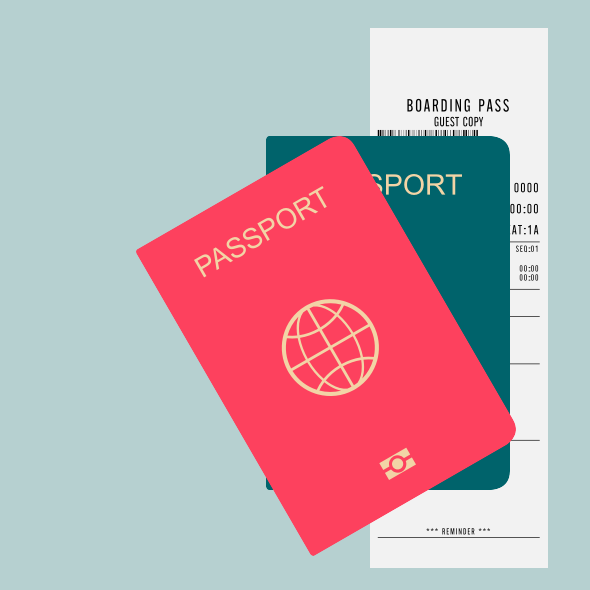Borders
Borders mark the territorial boundaries and the sovereignty of a country. They are made and negotiated by people. How strictly the borders are monitored and who is permitted to cross are determined based on political and economic interests as well as national ideas.
There are hardly any legal means for refugees to enter Europe. They face great danger when attempting to cross borders. Due to the hardship and death suffered along the refugee routes, demands for safe routes are becoming louder. But the political practice hasn’t adapted. Isolation and defense are at the core of European and German border and refugee policies.
Where are Europe’s borders and what is happening at them? Are people being prevented from exercising their individual right to asylum? How do present border policies correspond to European values and human rights?
Out of sight, out of mind?
When in 2015 and 2016 the number of people seeking protection in Germany had risen significantly relative to previous years, the subject of forced migration and refuge moved into the focus of media attention. There was controversial discourse in politics and society on letting the refugees enter the country. However, it was rarely mentioned that only a very small percentage of all refugees worldwide came to Germany. As the numbers in Germany dropped, public interest also dwindled.

41.332
Petitions for asylum in Germany
43,7 millions
Number of refugees worldwide



722.370
Petitions for asylum in Germany
65,6 millions
Number of refugees worldwide
102.581
Petitions for asylum in Germany
82,4 millions
Number of refugees worldwide
2020
2016
2010
Dropping numbers? There are more and more refugees worldwide. Why do fewer and fewer make it to Germany and Europe?
Take a close look
Looking at the current movements of refugees globally, it is apparent that far too little is still being done to combat the reasons why people flee. A close look at the policies and at Europe’s external borders clearly shows how European countries are responding. How do the current border policies relate to European values and human rights?
The Border Regime of the European Union
The ten locations marked on this map serve to highlight the border policies of the European Union and its member states.
Papers, please!
Anyone wanting to cross a border legally needs a passport. But not every passport offers the same degree of mobility and thus opportunities. This is because a passport does more than just confirm your identity. It also stands for the stability, security, and prosperity of a country. There are 194 countries in the world. People holding a German passport can travel without a visa or with a “visa on arrival” in 139 countries, but an Afghan passport permits holders to travel in only 31 countries.
Here you can see the “value” attributed to different passports in the world:
https://www.passportindex.org
Papers, please!
In the cities of my home country, Syria, you can now hear this statement just about every 500 meters, in the same tone at every checkpoint, but of course without the “please.” So I learned in the past few years that papers are more important than people. It is not any different in Germany. The Germans love paper. If you don’t have any papers then you aren’t here at all!
Firas Alshater, Coming towards Germany.
A Syrian about his new home, 2016
If you could share your passport with someone seeking protection, so they could enter Europe, would you do that?
Shared identities today …
In 2018, the art activists in the PENG! Collective created a passport that – at least theoretically – two people could use: The biometric passport photos were morphed with each other in such a way that both people would be identified through digital face recognition. The action was actually a protest against biometry and state surveillance. In a second step, PENG! issued a call for people to submit passport photos to help refugees enter Europe.
… and in the past
Forged passports and support for people to flee also existed in the past, such as helping people from East Germany reach West Germany. One method was to use authentic, valid passports with photos that resembled the person wanting to leave the country. For that, people from West Germany or other western countries made their passports available. Sometimes photos in a passport were switched or else the passports were forged entirely.

